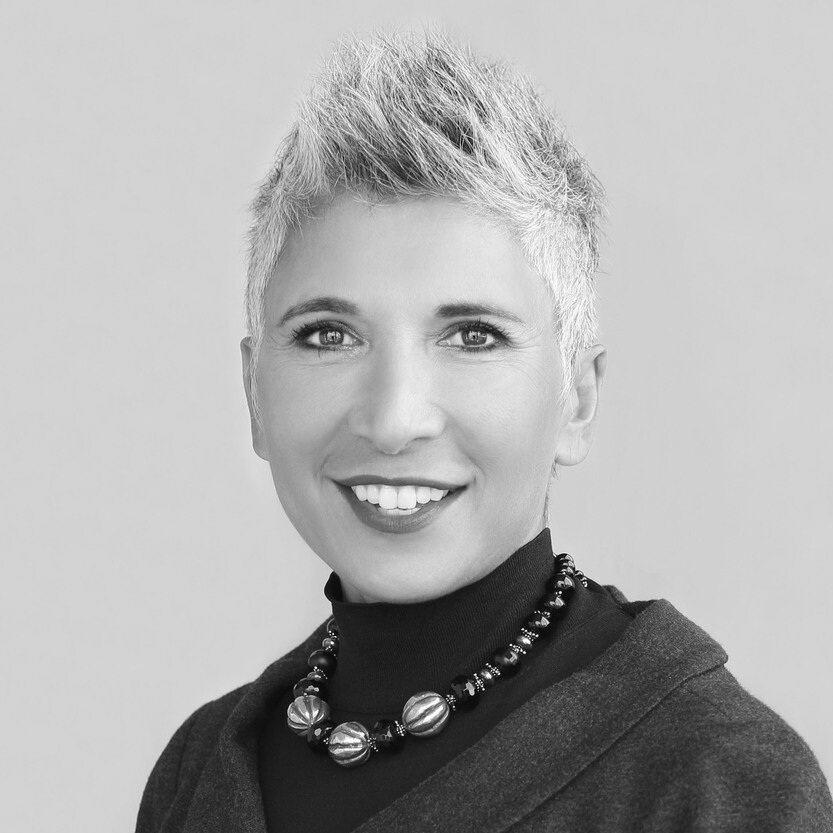New forces are shifting the sustainability landscape. NBS director Tima Bansal describes our changed reality — and how we can navigate it together.
It’s 2000. You have just been hired as your company’s Chief Sustainability Officer. What are your priorities?
You want to build your team’s knowledge around sustainability. You want to seize energy efficiency opportunities and reduce waste. If you’re forward-looking, you will ensure a lean and ethical supply chain and engage communities affected by your operations.
Now, it’s 2017, and this isn’t enough. You need to do this and so much more.
Steering sustainability was hard at the best of times, as you navigated your ship with so few stars to guide it. Now, your ship seems to be in choppier waters, with a dense fog and reports of pirates.
What Changed?
I’d argue it’s the nature of sustainability issues. As Executive Director of NBS, I’ve seen the change play out. A few years ago, corporate sustainability leaders on NBS’s Leadership Council said that they had “picked the low hanging fruit.” They had acted on the easy opportunities within their firms, so they simultaneously helped the environment, worked with communities, and made money for their firm.
But now, the issues are more complicated. The remaining issues can’t be solved by one firm acting alone. And there are so many changes on the horizon that can’t be seen and will affect a firm’s approach to sustainability. Technology, climate, social movements and other trends are shifting ground rules and leading to widespread volatility.
As businesses face change, NBS is adapting. We are shifting our focus to systems issues, and these are especially important because of potentially significant systems disruptions that are merging.
Although we at NBS can’t see any more than anyone else, we can harness the power of the collective to help chart the waters.
A World of Systems
The nature of a system is that different elements work together in ways that are unpredictable and far-reaching. One change can have knock-on effects on the whole system, yet another change can go unnoticed and be quickly forgotten. Effects can also be delayed, and there may be tipping points, so that systems shift quickly and unpredictably. Systems expert John Sterman(MIT Sloan School of Management) illustrates the tipping point: in a fishery, “take a few fish and fish stocks recover; take too many and the fish stock collapses.”
What does sustainability mean, when the system is being turned on its head? For example, will autonomous vehicles result in less congestion, or could they result in more congestion? What should organizations do to manage potentially significant job losses through artificial intelligence?
No one business has the resources to solve these problems, so partnerships are more important than ever. Businesses need to work with others to not only tap into different types of knowledge, but also to help shape the landscape and build the future that they seek.
A New Cognitive Model
Systems thinking has a long history. Biologists, ecologists and physicists have long thought in systems terms. Business, however, has adopted a more causal model, hoping to identify best practices that will lead to better performance. But when the landscape is so uncertain, managers can no longer trust simple solutions and plan very far into the future.
Now, there is much more connectivity between people than ever before, and thinking in systems terms is inescapable. Disruptions such artificial intelligence, fake news, and climate change are likely to radically shift how people live, work, and relate to each other. Businesses can either stand on the sideline and watch this tsunami approach, or they can equip themselves to use approaching challenges in ways that create value for themselves and contribute to a better world.
NBS Wayfinding
Going forward, NBS will focus on helping to navigate this challenging journey.
True to our mandate and expertise, we will continue enabling collaboration between research and practice, but sharpen our focus on systems. We will flag emerging issues. Through working groups and other collaborations, we will work with organizations to identify the challenges and seek opportunities. The goal: find solutions that benefit both organizations and the broader system.
Addressing systems issues requires a network. Everyone’s contribution is needed as this new reality approaches.
Please share your experiences and ideas with us, by email or in the article comments. Does this perspective on systems and disruptions resonate with you? What issues are most important to you? And what approaches are you finding helpful as you work on them? Your insights are vital as we collectively move forward.
Tima Bansal is Executive Director of NBS and Canada Research Chair in Business Sustainability at Ivey Business School.



Add a Comment
This site uses User Verification plugin to reduce spam. See how your comment data is processed.This site uses User Verification plugin to reduce spam. See how your comment data is processed.